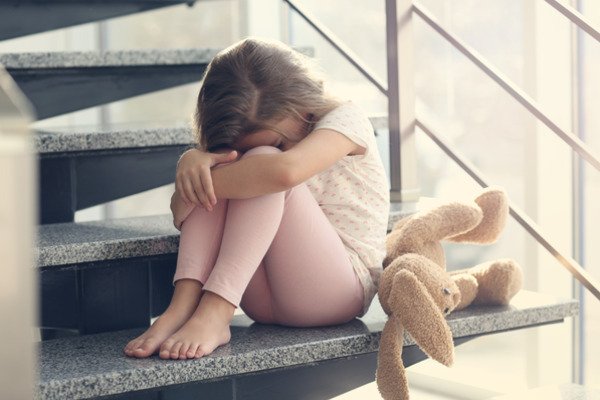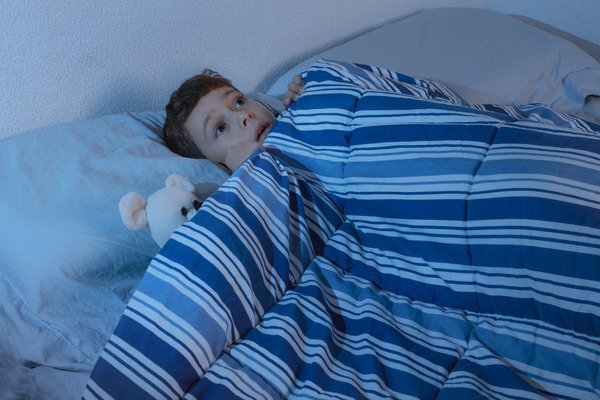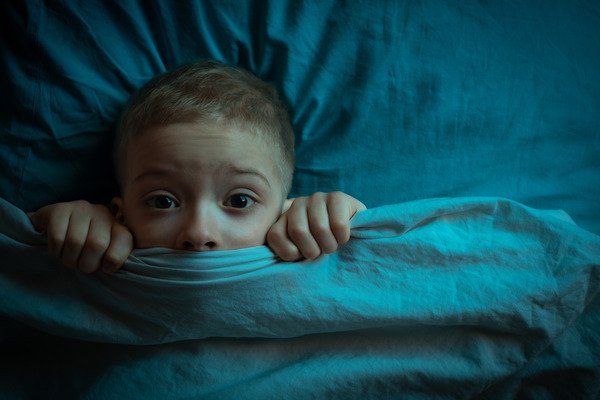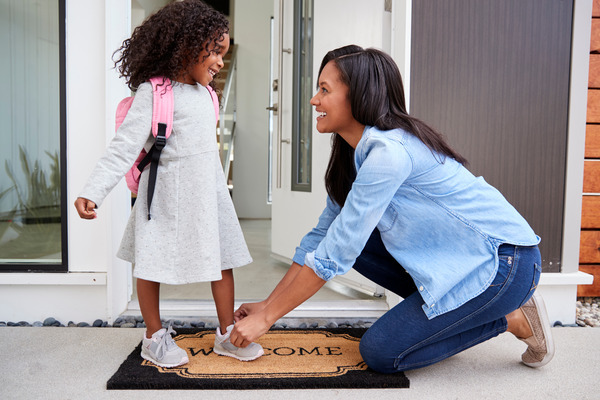What are the causes and solution for separation anxiety in children? Do you think your children are suffering from it? Find the keys to be able to treat it in time.
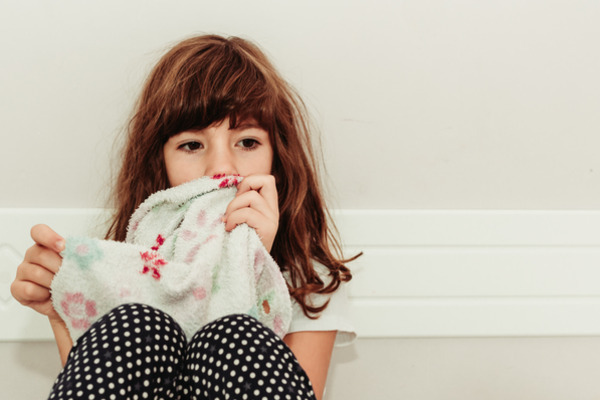
Fear is an emotion present since we are born. According to some authors, the first fears in children appear around 6 months of age: fear of strangers, loud noises and high places; and along with them, the fear of separating from their attachment figures.
What is separation anxiety?
The anxiety Separation is part of a stage of the normal evolutionary development of a child. Approximately 40% of the child population experiences this process, which usually lasts until two years of age, when the child begins to understand that even if they do not see their parents at that moment, they will return later.
This anxiety response in children has adaptive value, in this case, the child wants to have guarantees that the parents remain close and give them the necessary attention. Only in some cases, when this anxiety manifests itself in a very intense way, is maintained over time and presents certain characteristics, could we assess the presence of a Separation Anxiety Disorder (TAS).
Symptoms of Separation Anxiety Disorder
He Separation Anxiety Disorder It is the most common anxiety disorder during childhood and adolescence, with the average age of onset being 7 years, although it can also occur in preschool. Like any anxiety response, its symptoms manifest at a cognitive, physiological and behavioral level.
1. Cognitive symptoms
Among the cognitive symptoms, that is, the interpretation that the child makes of the situation, are:
- concern and excessive discomfort of the child when you think that a separation from your parents is going to happen or you experience it.
- Persistent worry and fear that attachment figures may suffer some harm and therefore there will be a loss of them. Even in these cases children can experience a separation anxiety
- Excessive and persistent worry about the possibility of some negative event taking place that separates you from your loved ones. attachment figures (get lost, be kidnapped, etc.).
2. Physiological symptoms
Physiological symptoms refer to the set of physical signs that accompany the separation anxiety On many occasions these symptoms of anxiety in children can be confused as characteristic of another problem. It is common for these children to present:
- repeated complaints of physical symptoms when separation from their attachment figures occurs or they think it will occur. Among the most frequent are headache, stomach pain, nausea or vomiting.
- Repeated nightmares based on separation from his parents
3. Behavioral symptoms
Regarding behavioral symptoms we find:
- Excessive fear and resistance to being alone or without the closest attachment figures at home or in other places. Furthermore, this symptom can also be expressed through the separation anxiety
- Persistent refusal or resistance to going away from home for fear of separation
- Persistent or resistant refusal to sleep outside the home or do so without having a nearby attachment figure
Furthermore, to confirm the suspicion of this problem, these symptoms of separation anxiety they have to be present for at least four weeks; and suppose a very significant deterioration in the child’s social relationships and academic environment.
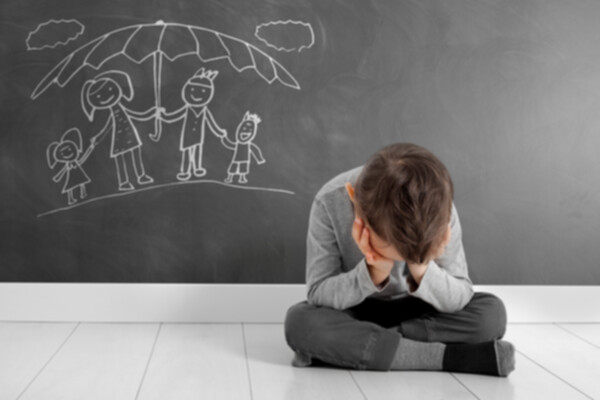
How to treat separation anxiety?
First of all, it is essential to point out that to carry out a diagnosis of Separation Anxiety Disorder, an assessment by an expert professional is necessary, who will carry out different tests such as interviews, questionnaires and self-reports on both the child and their parents, in order to obtain the most complete information necessary to carry out an adequate study of each case. This professional must also rule out similar or related problems such as agoraphobia; generalized anxiety disorder or autism spectrum disorder.
The educational phase for parents is essential, since on many of these occasions in which anxiety appears, they reinforce or punish it inappropriately, causing the problem to perpetuate, without intending or being aware of it. Therefore, it is necessary to evaluate in detail the antecedents and consequences of the occurrence of separation anxiety
It is very useful to teach children some relaxation techniques, appropriate to their age, that parents can use with them to reduce the physiological symptoms of the anxiety The fundamental pillar of treatment consists of the gradual exposure of the child to the feared separation situations, starting with those that generate the least anxiety. The objective is to promote independent behaviors in the child and activities that involve separation from attachment figures.
Causes of separation anxiety disorder
There are various causes why a child may suffer from this disorder. Even so, all children are likely to suffer from it despite their environment or the educational style with which they develop.
- Family stress: When there is an environment where there is constant family discomfort, or the loss of a loved one is experienced, many children can trigger these bad moments in a moment. separation anxiety disorder
- Personality: There are some temperamental factors that can make children more likely to have this separation anxiety
- Family background: When in the family there is anxiety cases or living in an environment where parents suffer from it, can make children more likely to have separation anxiety.
How to Help a Child with Separation Anxiety Disorder?
No parent likes to be in the situation in which their children experience separation anxiety Luckily there are ways to avoid these anxiety attacks in children.
- Stop avoiding separation situations: In these cases, the first step that parents usually take is to avoid situations of separation with children This is one of the most common mistakes made by parents.
- Supportive environment: The best way to combat separation anxiety It is trying to create a supportive environment so that children feel more comfortable. Through empathy any of the stages of separation anxiety can be improved.
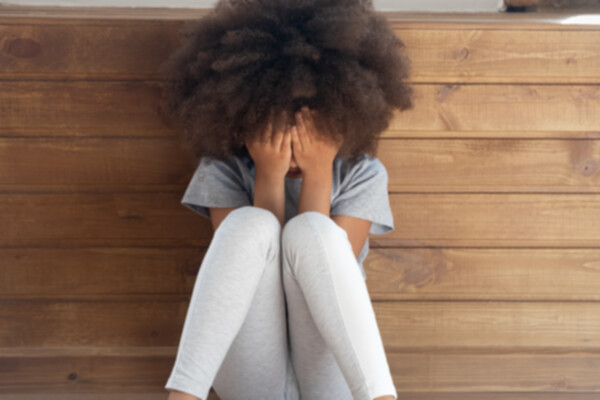
- Stay informed: To try to combat the separation anxiety The essential thing is to be adequately informed. The best way to deal with this childhood disease is to know how it arose.
- Listen: When children experience separation anxiety One of the most effective techniques will be to listen to and respect the children’s feelings. Parental attention in these cases can be more than curative.
- Talk about the problem: Children do not understand why the separation of parents For this reason, it is essential to talk about it and try to make him understand the normality of the situation.
- Prepare for separation: Children often experience separation anxiety when they are at school or at their extracurricular activities. Therefore, a good way to combat this separation anxiety is to try to prepare the ground or create strategies to make you feel more comfortable in this situation.
- Keep calm: Sometimes parents lose their separation anxiety nerves that children experience. To make the little ones feel more comfortable, the key is to try to remain calm during these moments.
- Encourage him to do activities: Supporting children to participate in different activities outside the family environment is an ideal way to avoid these anxiety crisis in children
- Praise their progress: An ideal way to try eliminate separation anxiety It is through verbalizing the children’s efforts and improvements.
- Consult with a psychologist: When this situation ends up leading to a more than frequent problem, participation and consultation with a child psychologist is necessary. The reason is that this separation anxiety disorder It can affect various stages of its development.
Ensuring that children grow up in the best environment is an ideal way to ensure that children develop their best abilities. capabilities and virtues A good family environment is the key so that children can be the person they want to be.

